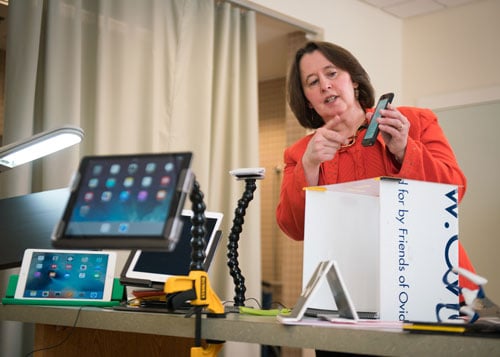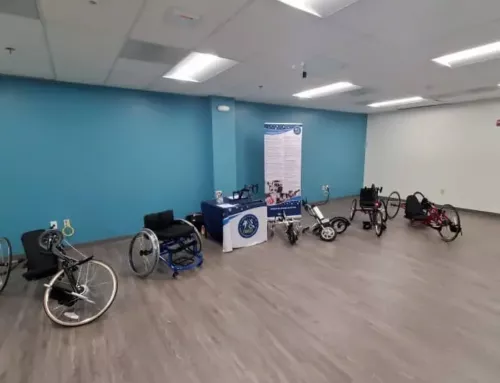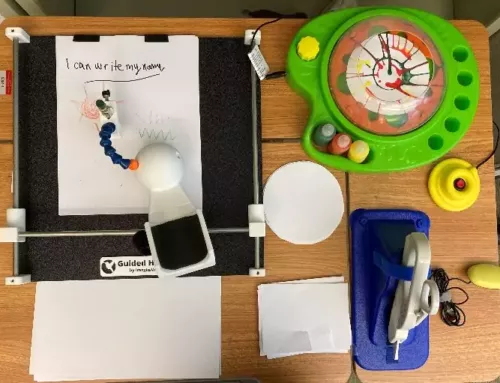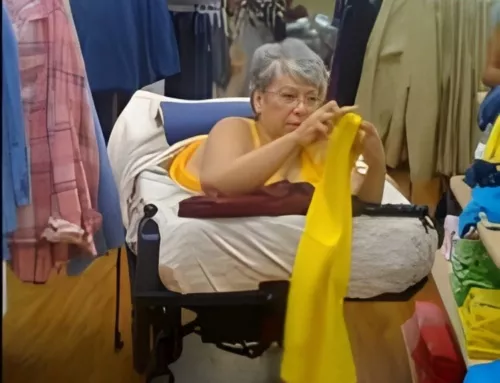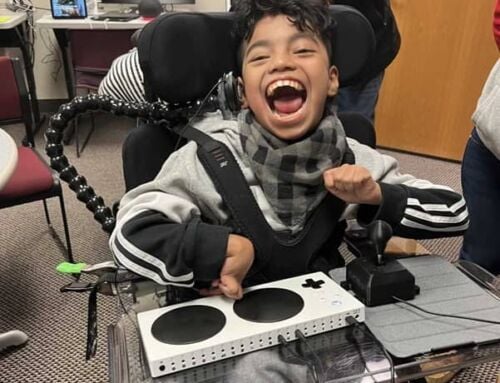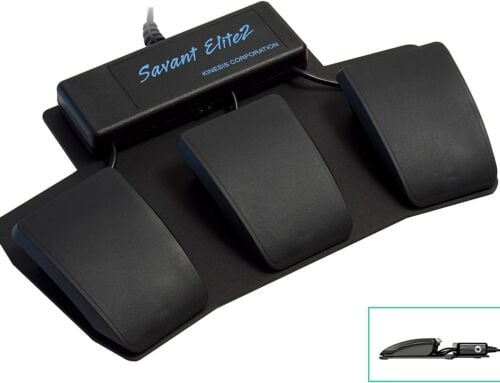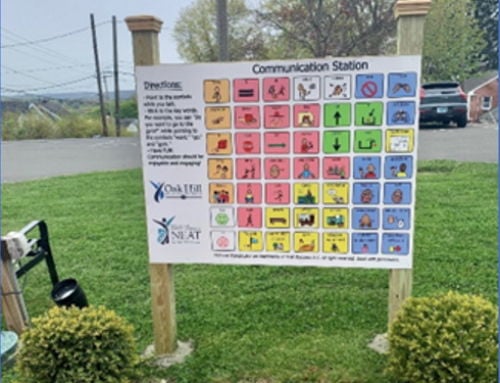Hurricane Harvey Relief Update: State AT Programs Stand Ready


Photo credit: Department of the Interior
“It’s not a matter of ‘if’ the states affected will need our help, it’s now a matter of when they need us, and how much they will need us to help with equipment through AT Reuse.”
–Carolyn Phillips, Director, Pass It On Center
As Hurricane Harvey inflicts unprecedented damage on Texas and Louisiana, the national network of State Assistive Technology (AT) Programs stands on alert to help individuals with disabilities obtain the durable medical equipment (DME) and AT they need. Natural disasters threaten life, health, safety and independence when people with disabilities are separated from the devices they rely on or when their equipment becomes damaged; and hurricane-related injuries/illnesses often create new equipment needs.
Fortunately many State AT Programs provide access to free refurbished durable medical equipment, such as manual and power wheelchairs, commodes, and bath chairs. While these “reuse” programs are every-day resources for people in need of DME and AT, they are especially valuable during and after emergencies and natural disasters, particularly when their inventories can be quickly mobilized by a coordinated network.
By Monday the emails were flying. Carolyn Phillips, Director of the Pass It On Center (PIOC), which provides technical assistance on AT reuse through the national Assistive Technology Act Technical Assistance and Training Center (AT3), reported PIOC was in communication with the Texas Technology Access Program, Project MEND, the Louisiana Assistive Technology Access Network (LATAN) as well as the Partnership for Inclusive Disaster Strategies. “To our AT Act Partners/friends in Texas and Louisiana- know that we are with you and stand ready to assist!” Phillips assured. She explained that while the PIOC, a program of AMAC at Georgia Tech, has Memorandum of Agreement with FEMA to provide reused DME and AT, the volume of need will likely require assistance from the national network.
Roger Levy, with the Texas program, responded that he’d been working from home (chain saw in hand), and coordinating with the Texas Department of Emergency Management. Jaime Karam, with LATAN, writes that they are dropping off DME and AT, such as bariatric transport chairs and all-in-one commodes, at American Red Cross regional warehouses.
Jane Gay, from IPAT in Iowa, quickly followed with this advice: “What we learned from Katrina is that it’s most useful to wait and see what AT [is] specifically needed for individuals.” She cautions eager states outside affected areas to not organize truckloads of equipment that can become a burden for relief staff when it’s not assigned or directly requested.
Portlight Strategies, a disaster relief organization specializing in the needs of persons with disabilities, is part of the Partnership for Inclusive Disaster Strategies. In an email to supporters they remind us, “We are preparing for the magnitude of requests for assistance to grow as people with disabilities and their families begin to rebuild their lives.” Already their Hurricane Harvey Disability Hotline has received hundreds of urgent requests for various forms of assistance.
The full impact of Hurricane Harvey and its associated catastrophic flooding will only reveal itself in the days, weeks and months to come. It’s reassuring to know that disasters of the past have informed a coordinated response of disability and relief organizations working together.
RESOURCES
DeafLink’s short ASL video with sheltering and emergency contact information
Disaster Survivors with Disabilities Hotline Flyer (PDF) (800) 626-4959
Find your State AT Program
Monthly Blog Digest
Search the blog
State AT Program Blogs
California
Florida
Indiana
Kentucky
Louisiana
Maryland
Massachusetts
Michigan
Montana
North Carolina
North Dakota
Utah
State AT Program Blogs
The AT3 Center, the Association of AT Act Programs (ATAP), and the Administration on Community Living (ACL) make no endorsement, representation, or warranty expressed or implied for any product, device, or information set forth in this blog. The AT3 Center, ATAP, and ACL have not examined, reviewed, or tested any product or device hereto referred.

